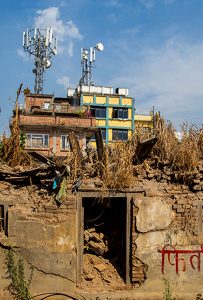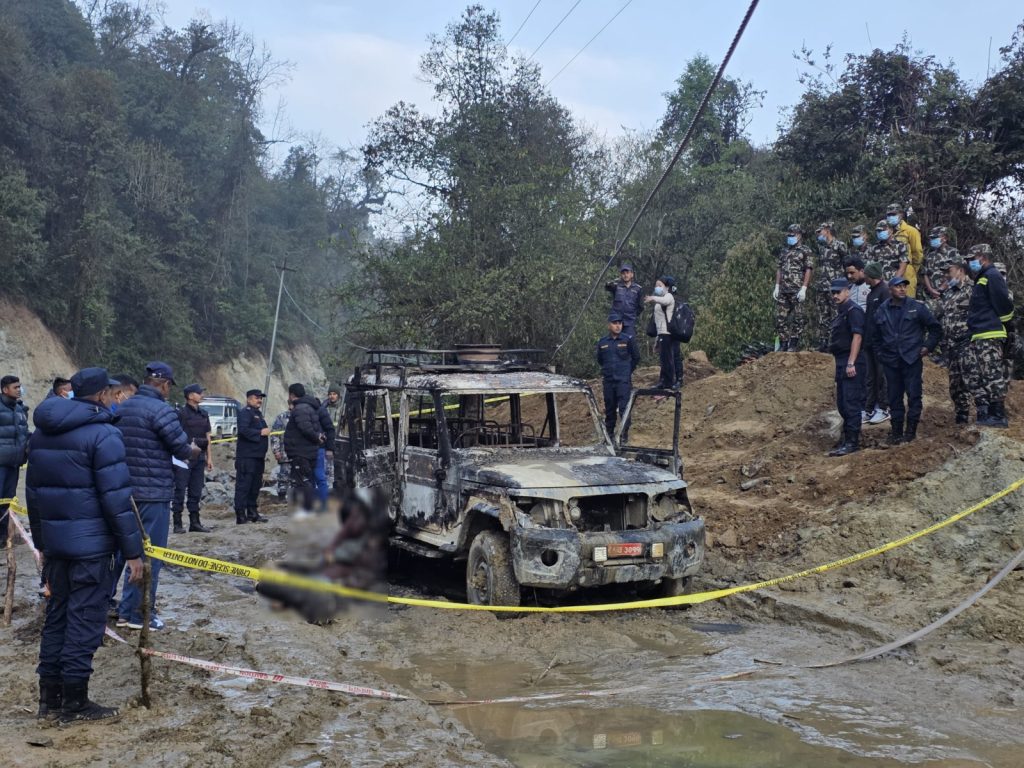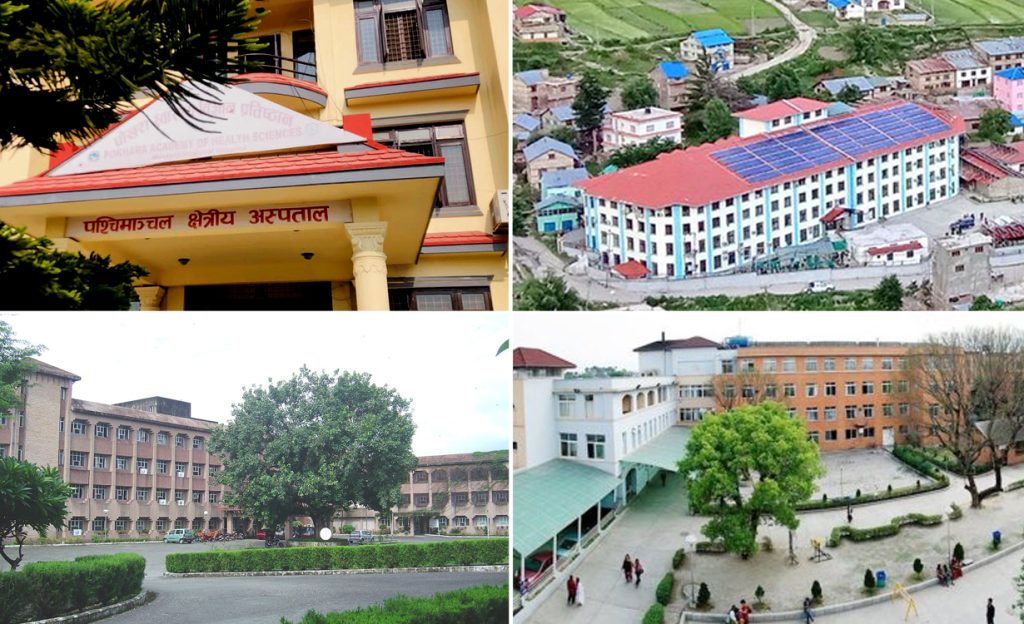
Kathmandu, October 4
National Reconstruction Authority has attributed delays in post-quake reconstruction work to a number of factors.
NRA said on Tuesday it has failed to attract earthquake victims to its integrated settlements built in quake-affected areas.
It maintained that near absence of banks outside district headquarters has caused delays in distribution of relief to quake victims.
NRA further pointed at shortage of a youth workforce, crunch of local construction materials and lack of effect monitoring of performance of partner organisations.
NRA further pointed that reconstruction work has suffered also because of remoteness of affected areas.
It said the tendency of not transferring land ownerrship has also hit reconstruction campaign. NRA further pointed that carrying out reconstruction work in land belonging to religious trusts is a real problem, adding that in some cases people have houses on plots that are not registered in their names.
In case of the Kathmandu Valley, houses stand on plots that are smaller than the area specified in housing criteria, it said, pointing that this has compounded its problem.
On top of it, NRA said its administrative structure process-oriented, and not outcome-oriented, adding that this has caused delays in post-quake reconstruction. Absence of elected representatives in local bodies has also taken a toll on reconstruction work.
NRA said it will need more than one lakh construction workers to complete post-quake reconstruction work. Currently, Nepal has around 40,000 construction workers working in its quake-affected regions.
It has proposed encouraging local people to transfer land ownership as per the need. NRA also proposed registering land using a fast-track approach and providing grant on the recommendation of Guthi Sansthan, a government entity.
The authority also stressed the need to enforce special reconstruction criteria in ages-old settlements, apart from imposing fine on people, who get grant by forging papers and providing incorrect information.
NRA pointed at problems it has been facing and offered solutions during the second meeting of its advisory council.
























